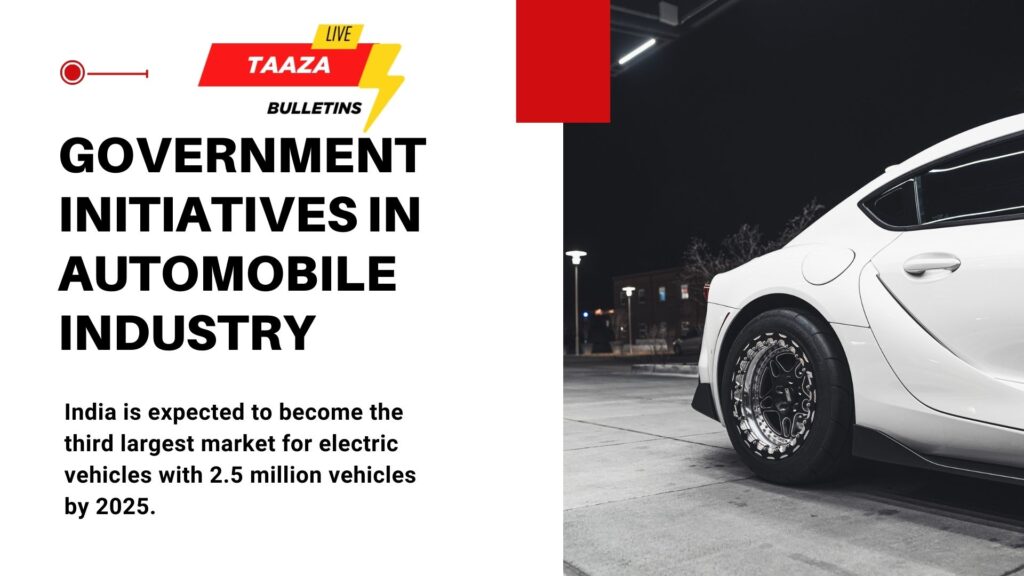“We’ve spent 70 years like this (in conflict), and we must not allow it to continue for another 70 years.”
Former Prime Minister of Pakistan, Nawaz Sharif, emphasized the need for India and Pakistan to “move beyond” their historical grievances and foster a spirit of neighborliness. He characterized the recent visit of the Indian foreign minister to Islamabad for the Shanghai Cooperation Organisation (SCO) meeting as a significant “opening.”

During a discussion with Indian journalists, Sharif, who has served as prime minister three times and leads the Pakistan Muslim League (N), expressed his dissatisfaction with the prolonged stagnation in bilateral relations. He expressed hope that both nations would adopt a forward-looking perspective.
Indian Foreign Minister S. Jaishankar’s visit to Islamabad on Tuesday marked the first trip by an Indian foreign minister to Pakistan in nearly nine years, occurring amidst ongoing tensions between the two countries.
Sharif remarked, “This is the direction we should pursue. While we would have preferred Prime Minister Modi’s visit, it is encouraging that the Indian foreign minister came. I have previously stated that we need to resume our dialogue.”
For 70 years, we have engaged in conflict, and it is imperative that we do not allow this to continue for another 70 years. It is essential for both parties to come together and discuss a path forward. We cannot alter our neighbors; neither Pakistan nor India can change the other. It is vital that we coexist as good neighbors. There was no bilateral meeting between the foreign ministers of India and Pakistan during the SCO conclave, as New Delhi’s purpose for attending was to participate in the multilateral discussions.
Nevertheless, certain senior officials within the Pakistani establishment are framing the Indian minister’s visit as a potential “ice-breaker.”
In response to a series of terrorist attacks on India by groups based in Pakistan in 2016, New Delhi opted to suspend any bilateral dialogue with Islamabad, asserting that negotiations and terrorism cannot coexist.
Sharif characterized Jaishankar’s visit to Islamabad as an “opening” and a constructive development.
When questioned about the necessity of a mediator between the two nations, he stated, “that is the role I am trying to play.” He emphasized the importance of focusing on the future rather than dwelling on the past, suggesting that it would be beneficial to move beyond historical grievances to unlock the potential for collaboration between the two countries.
“I believe that Jaishankar’s visit represents an opening, and it should be advanced,” he remarked.
Sharif also reminisced about Prime Minister Narendra Modi’s unexpected visit to Lahore on December 25, 2015, while returning from Kabul.
It was a generous gesture on the part of Prime Minister Modi to visit Pakistan and meet my mother. Such actions, though seemingly small, hold significant meaning for us, particularly in our respective nations. We must not disregard these gestures, he remarked.
Sharif attributed the decline in relations between the two countries to former Prime Minister Imran Khan, specifically citing certain remarks made by the cricketer-turned-politician regarding Prime Minister Modi.
“Imran Khan’s choice of words has severely impacted our relationship. As leaders of neighboring countries, we should refrain from even contemplating, let alone expressing, such sentiments,” he stated.
In his comments, the former prime minister advocated for the revival of cricketing relations between India and Pakistan, expressing his desire to visit India if the two teams were to compete in the final of a major tournament hosted there.
“What do we achieve by not allowing our teams to visit each other’s countries? They participate in matches globally, yet this is not permitted between us,” he noted.
When questioned about the possibility of India sending a team for the Champion’s Trophy scheduled in Pakistan in February, he responded, “You have articulated what I feel deeply.” Sharif also emphasized the necessity of fostering trade relations between the two nations.
“Perhaps my perspective differs from others, but I see a significant market potential between us. Why should Indian and Pakistani farmers and manufacturers seek markets beyond our borders?” he queried.
“Currently, goods travel from Amritsar to Lahore via Dubai—what is the rationale behind this? Who benefits from this situation? What should take two hours now takes two weeks,” he concluded.
The relationship between India and Pakistan experienced significant tension following the airstrike by Indian military aircraft on a Jaish-e-Mohammed terrorist training facility in Balakot, Pakistan, in February 2019, which was a direct response to the Pulwama terror attack.
This deterioration was further exacerbated on August 5, 2019, when India declared the revocation of the special status of Jammu and Kashmir and the division of the state into two separate union territories.
Since 2019, trade relations between Islamabad and New Delhi have remained halted, primarily due to the imposition of substantial tariffs by New Delhi on imports from Pakistan in the aftermath of the Pulwama incident.



